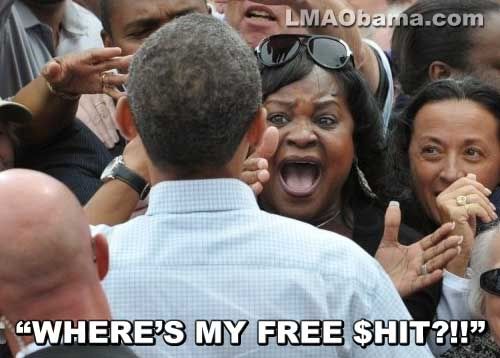

 |
 |
 |
|
#1
|
||||
|
||||
|
Origin - the creation of "the welfare queen" myth in American Society
The idea of welfare fraud goes back to the early-1960s; although the offenders in those stories were typically male or faceless.[1] There were, however, journalistic exposés on what would become known as welfare queens. Readers Digest and Look magazine published sensational stories about mothers abusing the system.[1] Some of these stories, and some that followed into the 1990s, focused on female welfare recipients engaged in behavior counter-productive to eventual financial independence such as having illegitimate children, using AFDC money to buy drugs, or showing little desire to work. These women were understood to be social pariahs, draining society of valuable resources while engaging in self damaging behavior.[1] Despite these early examples, stories about able-bodied men collecting welfare continued until the 1970s, at which point women became the main focus of welfare fraud stories.[1] The term "welfare queen" is most often associated with Ronald Reagan who brought the idea to a national audience. During his 1976 presidential campaign, Reagan would tell the story of a woman from Chicago's South Side who was arrested for welfare fraud: Quote:
Critics Paul Krugman and Mark J. Green have argued that the story grossly exaggerates a minor case of welfare fraud.[5][6] In 1976, the New York Times reported that a woman from Chicago, Linda Taylor, was charged with using four aliases and of cheating the government out of $8,000.[6] She appeared again in the newspaper while the Illinois Attorney General continued investigating her case.[7] The woman was ultimately found guilty of "welfare fraud and perjury" in the Circuit Court of Cook County, Illinois.[8] Reagan’s use of the term was related to a growing unease among New Right politicians about the expansion of the welfare apparatus. Touching on the cornerstones of American political philosophy (individualism and egalitarianism), the New Right sought to form a top-down coalition with big business and white working-class voters to undo the popular Great Society programs of the 1960s.[3] In response to Reagan's use of the term, Susan Douglas, a professor of communication studies at the University of Michigan, writes: Quote:
__________________
"Have the clean racing people run any ads explaining that giving a horse a Starbucks and a chocolate poppyseed muffin for breakfast would likely result in a ten year suspension for the trainer?" - Dr. Andrew Roberts |
|
#2
|
||||
|
||||
|
Here she is looking for more...
 
__________________
"If you lose the power to laugh, you lose the power to think" - Clarence Darrow, American lawyer (1857-1938) When you are right, no one remembers;when you are wrong, no one forgets. Thought for today.."No persons are more frequently wrong, than those who will not admit they are wrong" - Francois, Duc de la Rochefoucauld, French moralist (1613-1680) |